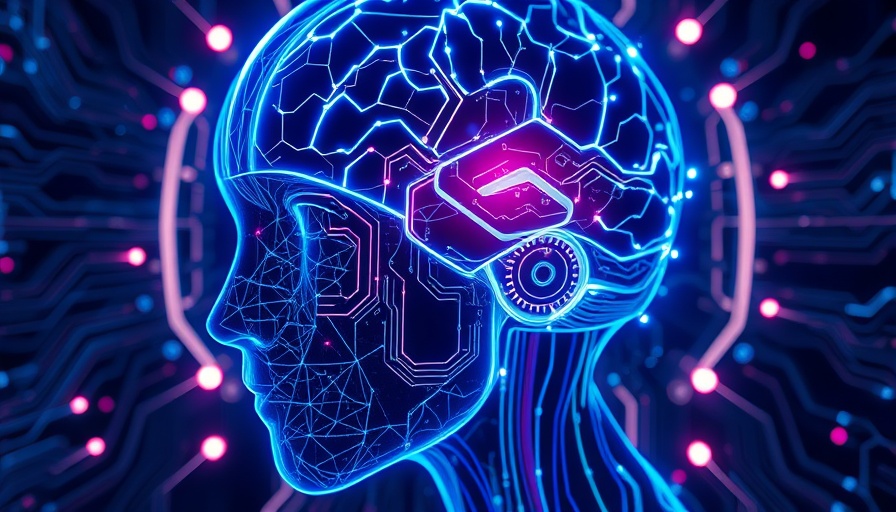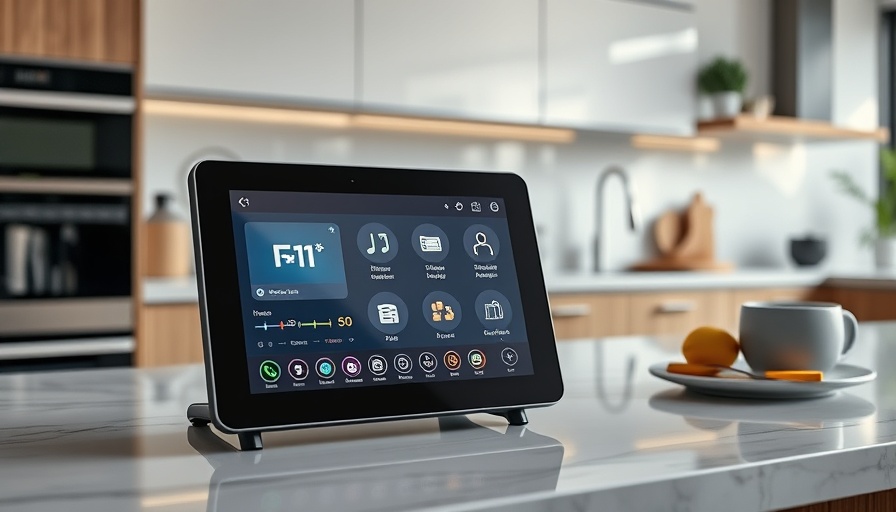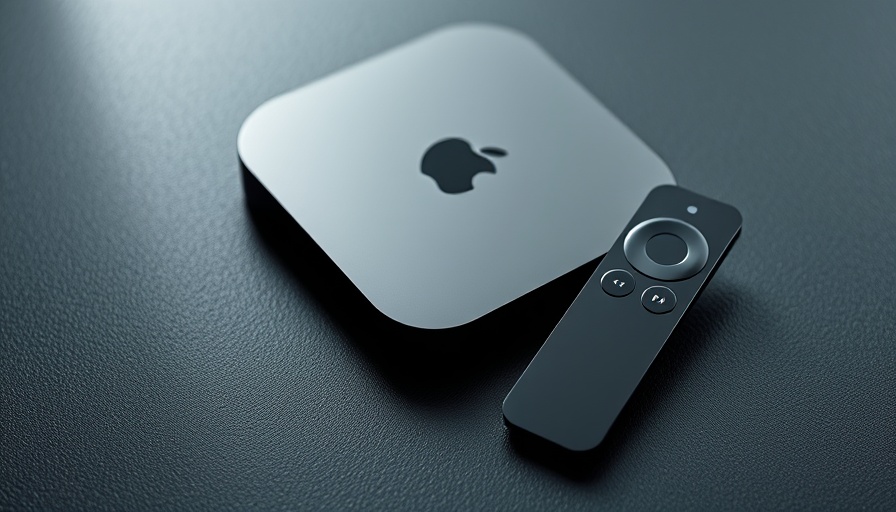
Intel’s Bold Move: A Shift Towards AI in Marketing
In a groundbreaking shift, Intel has announced that it will transition many marketing roles to the control of artificial intelligence managed by Accenture, a move that ironically could see this technology running on Intel's very own processors. This modernization approach comes under CEO Lip-Bu Tan’s leadership, marking a critical moment for a company that has seen its market share dwindle while competitors have surged ahead. As part of a larger strategy to streamline operations, Intel aims to create a more responsive marketing platform that reflects customer needs.
Cuts and Changes: What This Means for Intel Employees
Intel has begun notifying its marketing staff of these changes, as their roles may be slashed to make way for a leaner, AI-driven marketing structure. The company has not disclosed the specific number of affected employees, but insiders report that substantial layoffs could be on the horizon. Current employees might find themselves in a unique position, as they could even be asked to train their AI replacements—a curious twist in the evolving narrative of technology.
The Need for Speed: Why Intel is Making This Transition
This shift to AI is part of Intel’s urgent need to cut costs and make quicker marketing decisions. Company representatives have acknowledged that prior feedback indicated sluggish decision-making processes hampered their agility in the market. By integrating AI through Accenture, Intel hopes to simplify its “go to market” model, responding more adeptly to customer demands while streamlining operations to enhance overall efficiency.
A Glimpse into AI’s Role in Smart Homes
For tech-savvy homeowners in London, this development holds broader implications beyond Intel’s immediate business model. As companies invest in artificial intelligence, the technology becomes more integrated into our daily lives, especially within the growing sphere of smart & connected homes. Innovations in AI-driven home devices can optimize energy usage, manage security, and enhance user experience, making homes more efficient and eco-friendly.
Intel’s Struggles in a Competitive Landscape
Intel has faced significant challenges in recent years, with its sales plummeting by about one-third as it lost market traction in the realms of PCs, data centers, and AI chips. Competing giants like AMD have been making strides, particularly in areas related to AI and machine learning technologies. This strategic move to AI may be Intel’s attempt to reclaim its competitive edge amid rising innovation from rivals.
Future Insights: What Lies Ahead for Intel and AI
The future looks intriguing for Intel, as the company positions itself in a rapidly evolving marketplace. AI’s capabilities are likely to expand into various sectors, including home improvement, where the technology can aid DIY enthusiasts and homeowners in making informed decisions. For instance, AI can offer personalized design suggestions or energy-saving tips, aligning with the trends of sustainable living that many young homeowners in London find appealing.
Conclusion: Preparing for a Tech-Driven Future
As Intel boldly steps into an AI-driven era, things can get tricky for its employees, customers, and stakeholders alike. However, for those of us seeking to enhance our quality of life through smart living solutions, the advancements in AI may ultimately create a future where our homes are not only connected but also intelligently adaptive. If you’re a homeowner interested in where technology is headed, consider keeping abreast of these developments in both your personal and investment strategies.
Stay connected with us as we delve further into the intersection of technology and home living. The future awaits!
 Add Row
Add Row  Add
Add 






Write A Comment